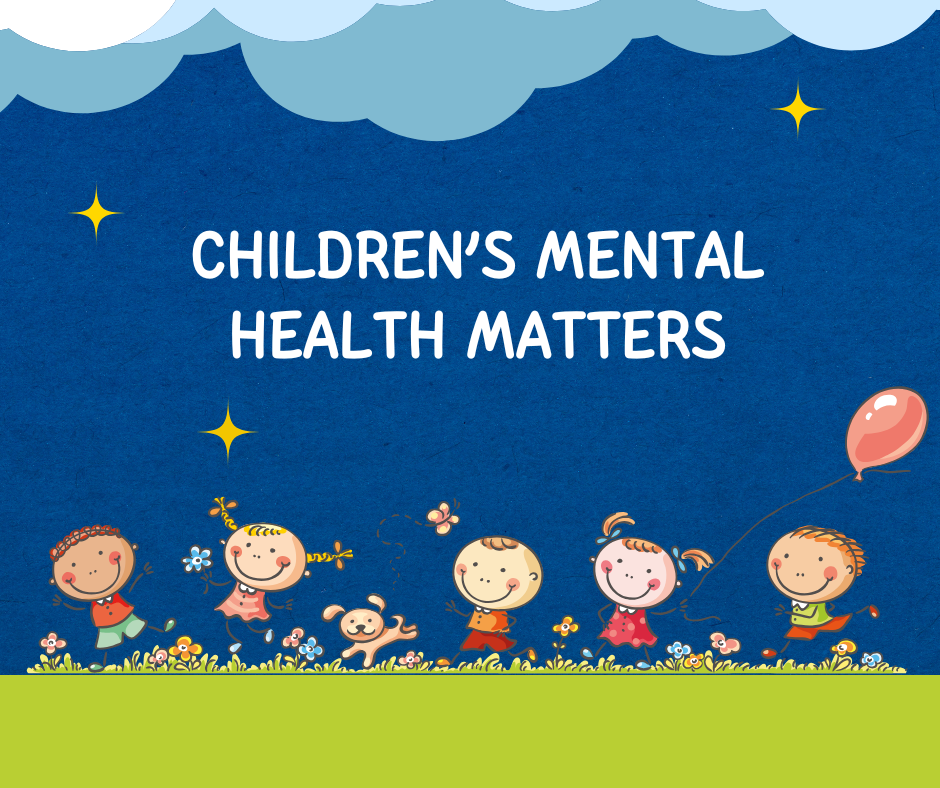
Children’s mental health is just as important as their physical health, yet it is often overlooked or underestimated. As parents, caregivers, and communities, we play a crucial role in shaping the mental well-being of children. Mental health issues in children can range from anxiety and depression to more severe conditions, but early intervention and support can make a significant difference in helping children navigate life’s challenges and grow into healthy, confident adults.
Why Children’s Mental Health Matters
Children’s mental health encompasses their emotional, psychological, and social well-being. It affects how they think, feel, and act in various situations. Just as children need proper nutrition and exercise to grow physically, they also need mental health support to develop emotionally and socially.
Good mental health helps children cope with stress, build strong relationships, and achieve their full potential in school and beyond. On the other hand, poor mental health can lead to problems such as difficulty in school, social isolation, or even behavioral issues.
How Families Can Support Children’s Mental Health
Create a Safe and Supportive Environment
A loving and stable home environment is foundational to mental health. Children need to feel safe, both physically and emotionally. Encourage open communication, where children feel comfortable expressing their thoughts and feelings without fear of judgment. This can help children build emotional resilience and trust in their caregivers.Model Positive Mental Health Behaviors
Children often mimic the behaviors they see. When they observe adults managing stress in healthy ways—through exercise, relaxation techniques, or simply taking time for themselves—they are more likely to adopt similar coping strategies. It’s important to demonstrate that taking care of your mental health is just as important as caring for your body.Encourage Healthy Routines
Routines create structure and stability, which are essential for children’s mental health. Encourage regular sleep, balanced meals, and time for physical activity. These factors all contribute to better emotional regulation. In particular, adequate sleep and a healthy diet play a key role in maintaining positive mental health.Recognize and Address Emotional Needs
Sometimes, children may not express their feelings directly, but signs like irritability, withdrawal, or changes in behavior can signal emotional distress. Pay attention to these signs and check in with your child. Be patient and understanding, offering reassurance and support. If needed, seek professional help to address underlying mental health concerns.Foster Strong Social Connections
Positive social interactions are crucial for children’s emotional development. Encourage friendships, family bonding activities, and involvement in community groups or extracurricular activities. Social skills learned through these experiences will help children feel more confident and supported in their social environments.
Resources for Additional Information
To help families better support children’s mental health, here are three valuable resources:
National Institute of Mental Health (NIMH)
The NIMH offers comprehensive information on childhood mental health disorders, including symptoms, risk factors, and treatment options. Their website provides valuable tools and resources for parents and caregivers. Visit www.nimh.nih.gov for more information.American Academy of Pediatrics (AAP) Healthy Children
The AAP’s Healthy Children website provides advice on a variety of children’s health topics, including mental health. Their parenting guides and tips can help you address your child’s emotional needs. Learn more at healthychildren.org.Mental Health America (MHA)
MHA offers resources on mental health for both adults and children. They focus on prevention, early intervention, and reducing stigma related to mental health issues. Their site includes guides, articles, and toolkits for parents and educators. Check out www.mhanational.org.
Supporting children’s mental health is an ongoing process that requires attention, understanding, and care. By creating a nurturing environment, being proactive in recognizing emotional needs, and providing access to resources, families can play a vital role in ensuring their children’s mental well-being. The earlier we support and address mental health, the more empowered children will be to lead healthy, fulfilling lives.
Taking care of children’s mental health today ensures a brighter, stronger future tomorrow.
